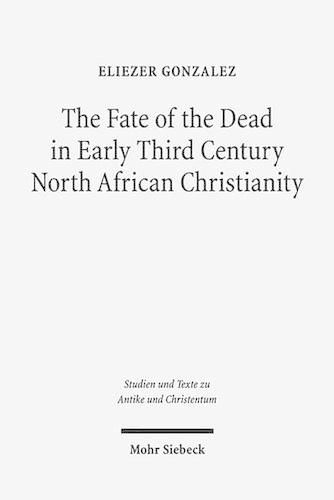Readings Newsletter
Become a Readings Member to make your shopping experience even easier.
Sign in or sign up for free!
You’re not far away from qualifying for FREE standard shipping within Australia
You’ve qualified for FREE standard shipping within Australia
The cart is loading…






The ideology and imagery in the Passion of Perpetua are mediated heavily by traditional Graeco-Roman culture; in particular, by traditional notions of the afterlife and of the ascent of the soul. This context for understanding the Passion of Perpetua aligns well with the available material evidence, and with the writings of Tertullian, with whose ideology the text of Perpetua is in an implicit polemical dialogue. Eliezer Gonzalez analyzes how the Passion of Perpetua provides us with early literary evidence of an environment in which the Graeco-Roman and Christian cults of the dead, including the cults of the martyrs and saints, appear to be very much aligned. He also shows that the text of the Passion of Perpetua and the writings of Tertullian provide insights into an early stage in the polemic between these two conceptualisations of the afterlife of the righteous.
$9.00 standard shipping within Australia
FREE standard shipping within Australia for orders over $100.00
Express & International shipping calculated at checkout
The ideology and imagery in the Passion of Perpetua are mediated heavily by traditional Graeco-Roman culture; in particular, by traditional notions of the afterlife and of the ascent of the soul. This context for understanding the Passion of Perpetua aligns well with the available material evidence, and with the writings of Tertullian, with whose ideology the text of Perpetua is in an implicit polemical dialogue. Eliezer Gonzalez analyzes how the Passion of Perpetua provides us with early literary evidence of an environment in which the Graeco-Roman and Christian cults of the dead, including the cults of the martyrs and saints, appear to be very much aligned. He also shows that the text of the Passion of Perpetua and the writings of Tertullian provide insights into an early stage in the polemic between these two conceptualisations of the afterlife of the righteous.